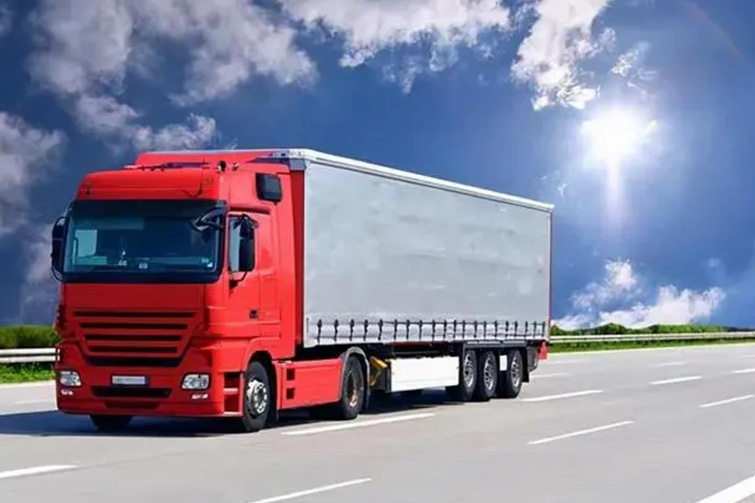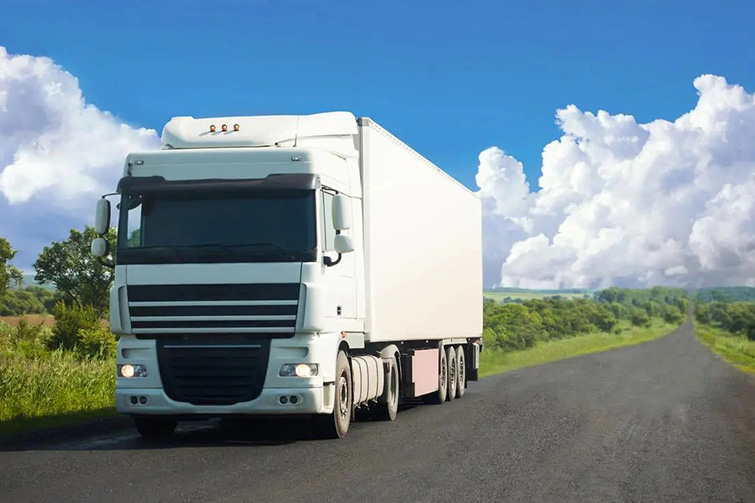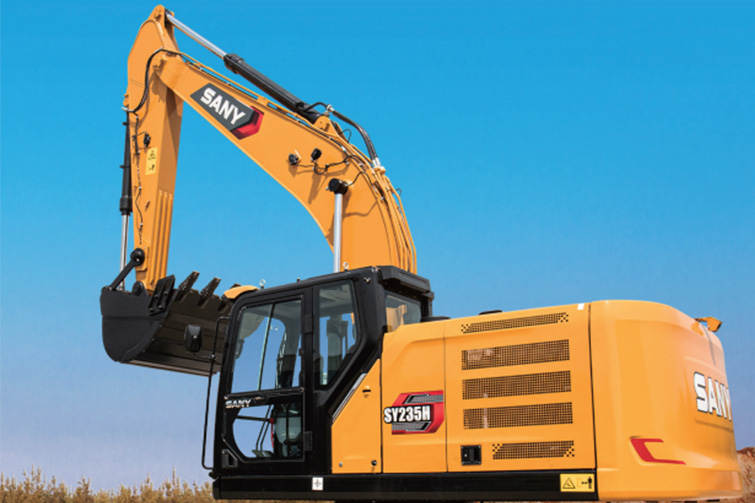

Aluminum profile for commercial vehicles
Aluminum profiles are commonly used in the construction of commercial vehicles due to their lightweight, corrosion-resistant, and durable properties. These profiles can be tailored to meet specific design and functional requirements of different types of commercial vehicles, such as trucks, trailers, and vans. Here are some key features and uses of aluminum profiles in commercial vehicles:
1.Key Features:
- Lightweight: Aluminum is significantly lighter than steel, which helps in reducing the overall weight of the vehicle, leading to improved fuel efficiency and higher payload capacity.
- Corrosion Resistance: Aluminum naturally forms an oxide layer that protects it from corrosion, making it ideal for vehicles exposed to harsh weather conditions.
- High Strength-to-Weight Ratio: Aluminum profiles offer a good balance of strength and weight, providing structural integrity without adding unnecessary bulk.
- Versatility: Aluminum profiles can be easily extruded into complex shapes, allowing for custom designs that meet specific vehicle requirements.
- Recyclability: Aluminum is 100% recyclable, making it an environmentally friendly choice for vehicle construction.
2.Common Uses:
- Structural Framework: Aluminum profiles are used to build the skeleton of commercial vehicles, providing a strong and lightweight structure.
- Body Panels: Many commercial vehicles use aluminum for body panels due to its lightweight and corrosion-resistant properties.
- Flooring and Side Panels: Aluminum profiles are used in flooring and side panels to reduce weight and increase durability.
- Roof Racks and Accessories: Aluminum is commonly used for roof racks, ladder racks, and other accessories due to its strength and light weight.
- Partitions and Dividers: Inside commercial vehicles, aluminum profiles are used to create partitions and dividers for different cargo sections.
3.Examples of Aluminum Profiles in Commercial Vehicles:
- Truck Bodies: Aluminum profiles are used in the construction of truck bodies, including the frame, panels, and compartments.
- Trailers: Many trailers, especially refrigerated ones, use aluminum profiles to maintain a lightweight structure while providing thermal insulation.
- Vans: Delivery vans and service vans use aluminum profiles for shelving, partitions, and roof racks.
- Bus and Coach Bodies: Aluminum profiles are used in the construction of bus and coach bodies to reduce weight and improve fuel efficiency.
Conclusion:
Aluminum profiles play a crucial role in the design and construction of commercial vehicles, offering a combination of lightweight, strength, and corrosion resistance. They contribute to improved performance, fuel efficiency, and longevity of the vehicles while also being environmentally friendly due to their recyclability.







